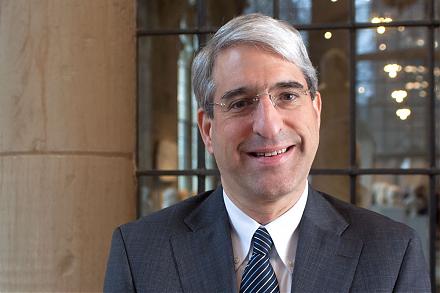

2017-12-13 06:39:00 Wed ET
technology social safety nets education infrastructure health insurance health care medical care medication vaccine social security pension deposit insurance
The Federal Communications Commission (FCC) has decided its majority vote to dismantle rules and regulations of most Internet service providers (ISPs) that connect consumers to the Internet. Deregulation grants broadband firms power to potentially reshape Americans' online experiences.
FCC has scrapped the "net neutrality rules" that previously prohibited ISPs from blocking websites or charging for higher-quality service or specific content. This net neutrality idea means that ISPs treat all web traffic the same. By dismantling these rules to view ISPs as "information service providers", the government will no longer regulate Internet delivery as if it were a public utility such as telephone.
The FCC action reverses the FCC's 2015 decision, which was made during the Obama administration, to impose stronger oversight over broadband providers as U.S. residents have migrated to the Internet for most online communication. Removing net neutrality rules reflects the view of the Trump administration and the new FCC chairman that this deregulation will eventually help promote better telecom innovation and infrastructure for ISPs to cover more suburban and rural areas. Now broadband firms such as Verizon, Comcast, AT&T, and Charter will be able to price various online activities that use bandwidth at difference rates.
Since video takes up more bandwidth than text and imagery, ISPs may charge more. Dismantling these rules may harm tech giants such as Facebook, Google, Amazon, Netflix, and Spotify etc. These large tech firms may be worse off while consumers may or may not receive fair and open online access to all websites.
If any of our AYA Analytica financial health memos (FHM), blog posts, ebooks, newsletters, and notifications etc, or any other form of online content curation, involves potential copyright concerns, please feel free to contact us at service@ayafintech.network so that we can remove relevant content in response to any such request within a reasonable time frame.
2023-12-05 09:25:00 Tuesday ET

Better corporate ownership governance through worldwide convergence toward Berle-Means stock ownership dispersion Abstract We design a model
2019-04-03 11:35:00 Wednesday ET

A Florida fintech group Fidelity Information Services initiates the largest $43 billion acquisition of the e-commerce payments processor Worldpay. Fidelity
2025-06-21 10:25:00 Saturday ET

Former New York Times science author and Harvard psychologist Daniel Goleman explains why emotional intelligence can serve as a more important critical succ
2020-07-19 09:25:00 Sunday ET

Senior business leaders can learn much from the lean production system with iterative continuous improvements at Toyota. Takehiko Harada (2015)
2020-05-21 11:30:00 Thursday ET

Most blue-ocean strategists shift fundamental focus from current competitors to alternative non-customers with new market space. W. Chan Kim and Renee Ma
2019-05-05 10:46:10 Sunday ET

This video collection shows the major features of our AYA fintech network platform for stock market investors: (1) AYA stock market content curation;&nbs